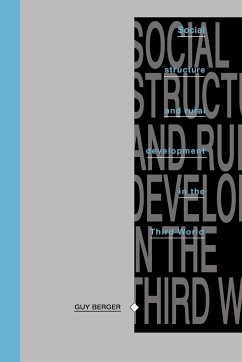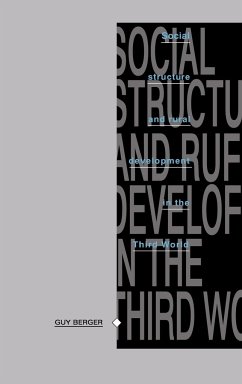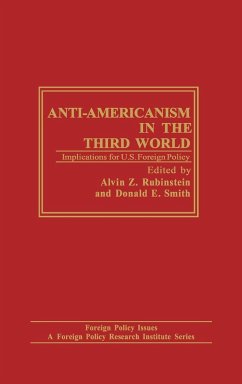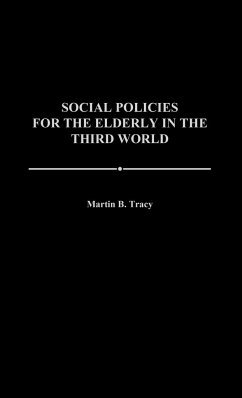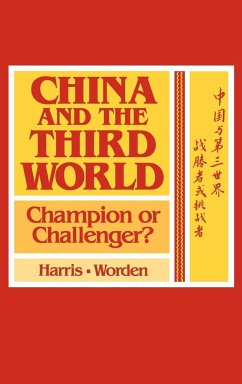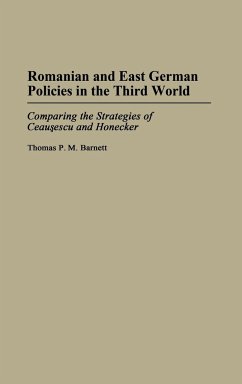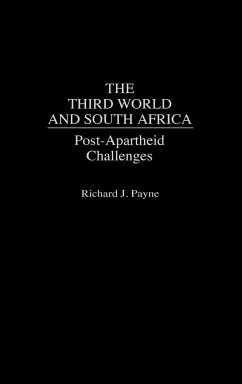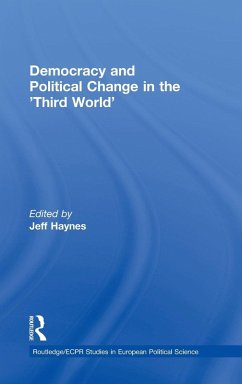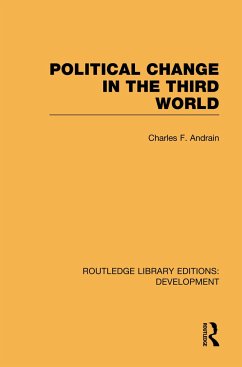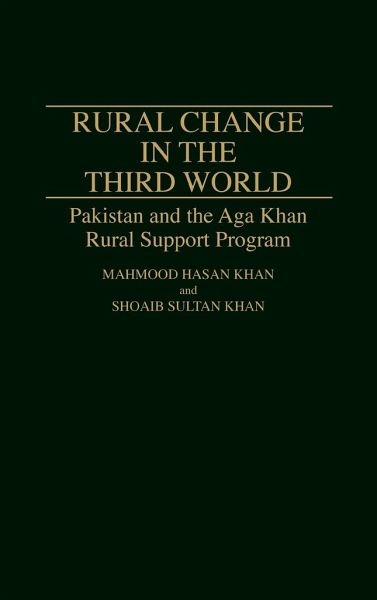
Rural Change in the Third World
Pakistan and the Aga Khan Rural Support Program
Versandkostenfrei!
Versandfertig in 1-2 Wochen
69,99 €
inkl. MwSt.

PAYBACK Punkte
35 °P sammeln!
This study examines a particularly successful rural development program: the partnership of the Aga Khan Rural Support Program (AKRSP) and the small farmers of northern Pakistan. The Aga Khan Rural Support Program was established in 1982 to act as a catalyst for the development of rural people living in the high mountain valleys of the Himalayas, Karakorum, and Hindu Kush. The experiment is based upon the premise that rural people can improve their economic and social status through organization at the village level. This experiment in regional development--affecting the lives of nearly 500,00...
This study examines a particularly successful rural development program: the partnership of the Aga Khan Rural Support Program (AKRSP) and the small farmers of northern Pakistan. The Aga Khan Rural Support Program was established in 1982 to act as a catalyst for the development of rural people living in the high mountain valleys of the Himalayas, Karakorum, and Hindu Kush. The experiment is based upon the premise that rural people can improve their economic and social status through organization at the village level. This experiment in regional development--affecting the lives of nearly 500,000 people--has been outstandingly successful and should provide a model with generalizable lessons for policymakers, practitioners, and researchers in economic development. The World Bank has concluded that the Aga Khan Rural Support Program continues to be remarkably successful . . . [and] provides a hopeful prospect that rural development can be made to work. The authors demonstrate that the organizational model found in the AKRSP is sustainable provided prospective beneficiaries participate fully, and that the AKRSP experiment can be used successfully in other rural underdeveloped areas--that the rural poor can be organized to promote their own economic and social development.





